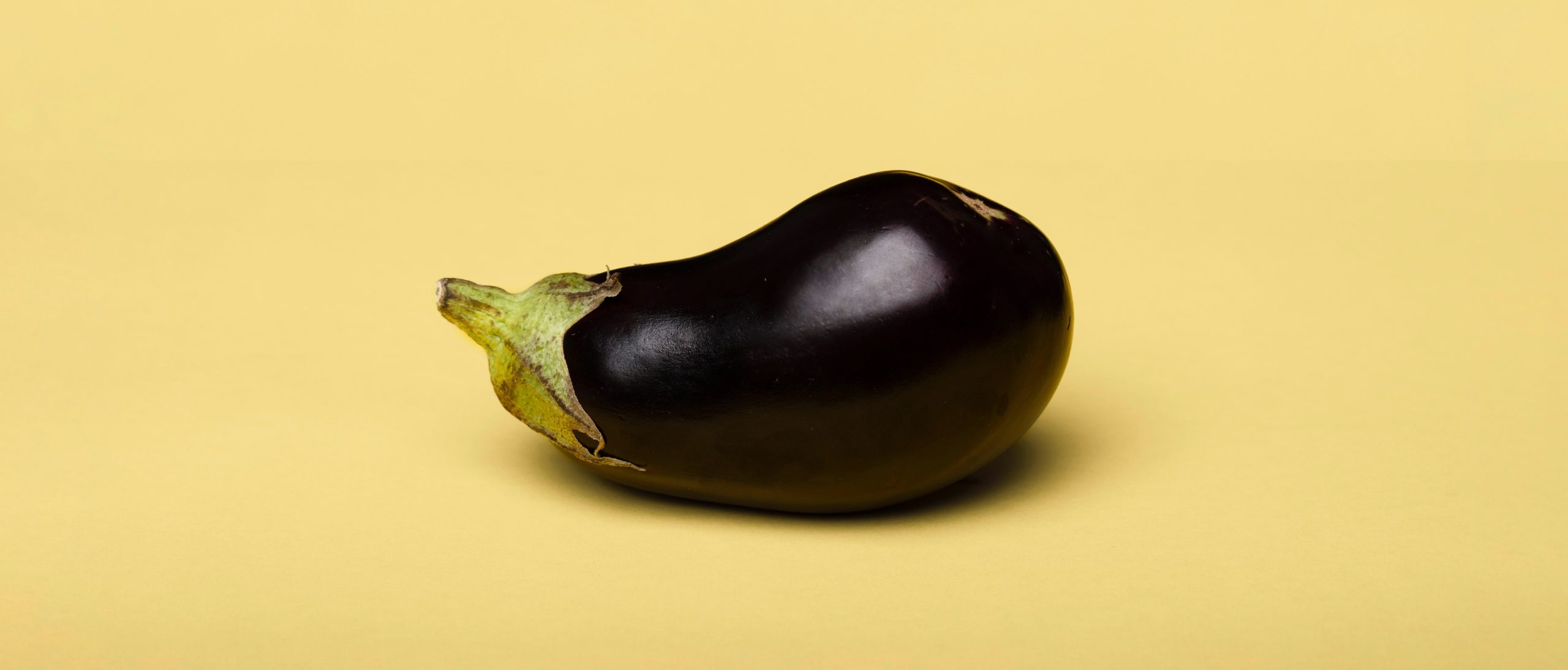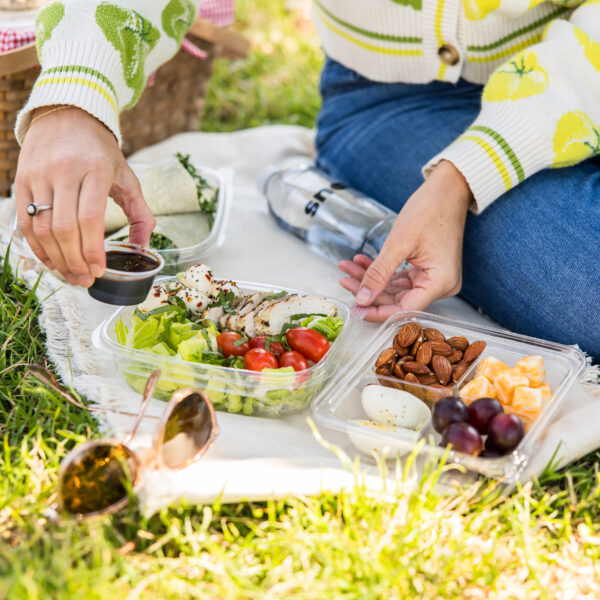If you’ve been on your health journey for a while, you may have already heard a bit about nightshades. Nightshades are vegetables that belong to the Solanaceae family of plants. While it’s not known exactly where nightshades got their name, some think it may be related to their somewhat mystical past, where they were rumored to have been used as narcotics and hallucinogens.
These days, nightshades are best known for their potential link to autoimmune disease symptoms. But what vegetables are considered nightshades, and are they something you should avoid? Today, we’re giving you the scoop on what nightshades are, and whether or not you should eat them.
What Are Nightshades?
Humans eat only a few of the thousands of varieties of plants in the nightshade family. The few nightshades that we do eat are staples in our modern diet. They include:
- Eggplants
- Tomatoes
- Potatoes (white)
- Peppers (bell peppers and red peppers)
- Tomatillos
Common Nightshade Spices and Condiments
Certain spices, like paprika, crushed red pepper, chili powder, and cayenne pepper, are also derived from nightshade vegetables. Going further, several commonly consumed condiments also contain nightshades namely ketchup, pasta sauce, salsa, and hot sauce.
And fun fact—even though the above foods are almost all considered “vegetables” (with the exception of potatoes), they’re actually botanically considered fruits because of their seeds.
Nightshades like tomatoes, peppers, and potatoes are nutrient-dense and offer a range of macronutrients from vitamins A and C to fiber and potassium.
Should You Avoid Nightshade Vegetables?
Although nightshade veggies are commonly consumed in the American diet and are quite nutrient-dense, some doctors and other health professionals claim that they may exacerbate autoimmune disease symptoms or cause inflammation.
Nightshades like eggplants and tomatoes do include a couple of substances that may cause intestinal inflammation or damage, namely lectins and glycoalkaloids. These chemicals have been called “anti-nutrients” because they’re what plants use to keep pathogens and insects away. The issue is that they may also trigger an immune response in our bodies when we eat them. It’s important to note that the research is still very limited on these compounds and their impact on humans. However, it’s worth noting that those with autoimmune conditions sometimes see anecdotal relief of GI, joint, or other symptoms after removing nightshades from their diets.
The short story is that for most people, nightshade veggies likely aren’t causing an issue. However, if you’re curious to see if they might be causing your symptoms, try an elimination diet. Remove all nightshades for at least four weeks and see if you start feeling better. At the end of the elimination period, reintroduce each nightshade one by one to see whether or not they cause symptoms for you. From there, you can continue incorporating the ones that work for you and leave out the ones that don’t.
If you have an autoimmune disease and want to try out an elimination diet, consider the Paleo Autoimmune Protocol.
Anti-inflammatory Foods
The entire premise of a low or no nightshade diet is to decrease inflammation, so we figured we’d share some well-researched foods that fight inflammation and help you feel your best:
- Omega-3 fats from foods like fatty fish, 100% grass-fed beef, grass-fed butter or ghee, chia seeds, and walnuts
- Colorful fruits and veggies are filled with antioxidants. Aside from being anti-inflammatory, plant foods like these are great for your immune system, for lowering blood pressure, and so much more.
- Extra virgin olive oil – We’ve already sung olive oil’s praises on the blog before, but to sum it up – olive oil is chock full of nutrients and antioxidants including oleocanthal, shown to have anti-inflammatory properties that rival ibuprofen
In addition to consuming anti-inflammatory foods, it’s even more important to limit inflammatory ones. Those include:
- High sugar foods
- Processed vegetable oils
- Sugar-sweetened beverages
- Refined grains
- Gluten (for some people)
- Dairy (for some people)
- Fried foods
- And more
The average person will see more benefit in removing potentially inflammatory foods like gluten and dairy rather than eliminating all nightshades. But we’re all unique, and an elimination diet will help you figure out which foods work for you (we recommend Whole30 or AIP!). In the end, it’s important to eat a balanced plate filled with ample veggies and fruits, healthy fats, and high-quality protein. You certainly don’t have to avoid potentially inflammatory foods altogether, but work to limit your intake.
Snap Kitchen meals are designed to be anti-inflammatory, nutrient-dense, and filled with flavor.





Leave a Reply
No Comments